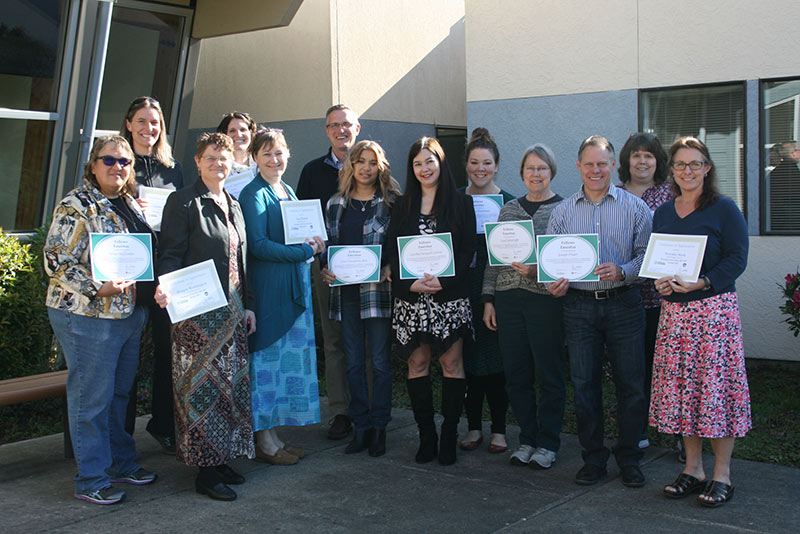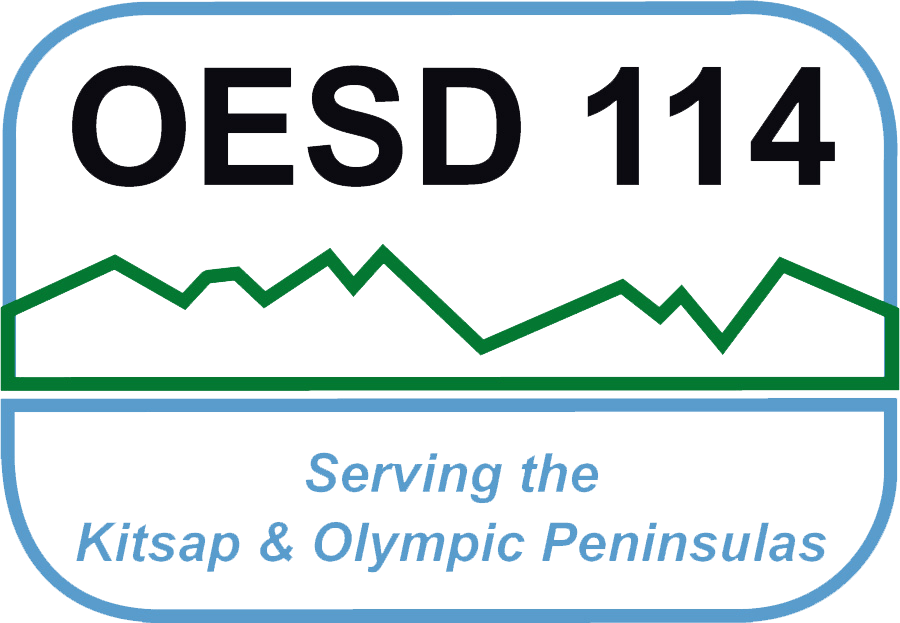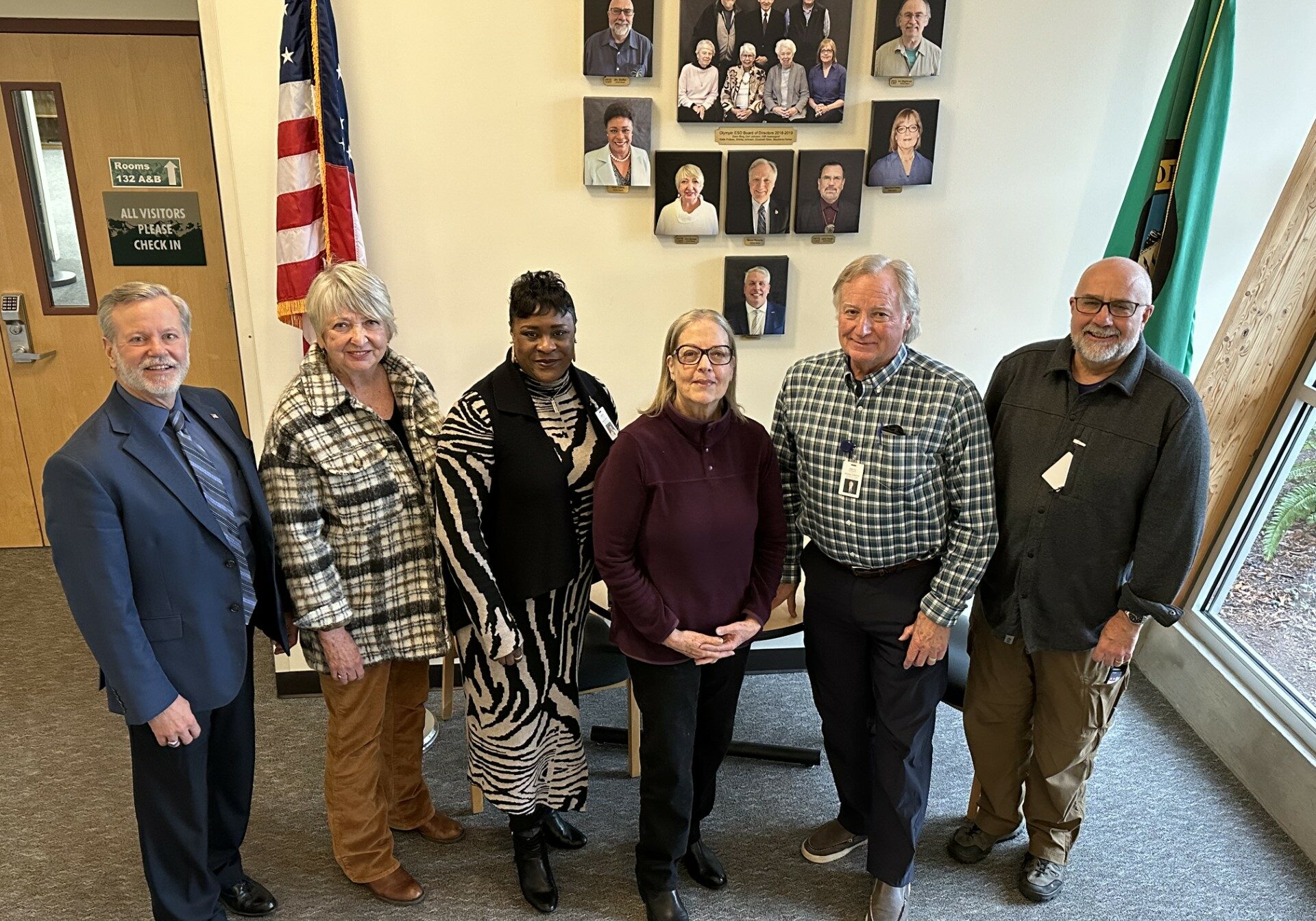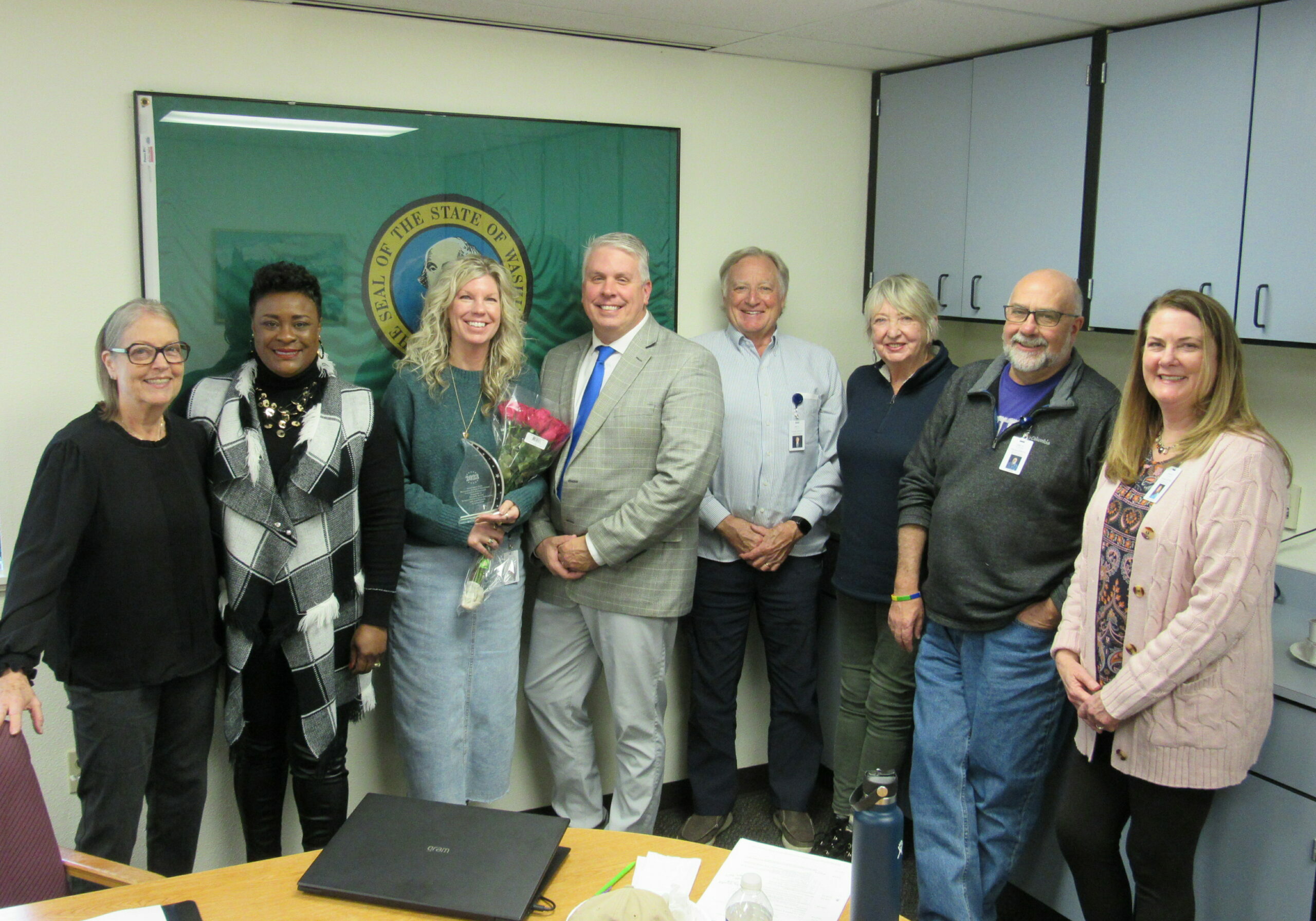Math Education
Regional Math Services
Regional Math Coordinators at each of the nine ESDs in Washington are part of a statewide system developed to improve instruction and increase student achievement in mathematics. This program has been funded by the Washington State Legislature since 2008.
Statewide, Regional Math Coordinators work together to:
- Provide timely updates on state and local initiatives
- Contribute to statewide initiatives and projects
- Connect interested educators with opportunities to be involved
- Coordinate the Washington State Mathematics Fellows program
- Design, deliver, and organize in-person and online professional learning opportunities for math educators and instructional leaders
- Facilitate communication and partnership among K-12 educators, higher-education, community and local businesses
- Curate and share relevant resources and tools to support successful implementation of math standards, and promote best practices for assessment and instruction
Regionally, we provide customized support for district and school mathematics initiatives. Whether you are seeking a one-day course for teachers, or you are in need of longer-term support to improve math learning outcomes, we can provide a wide-range of services and assistance. Common requests include:
- Design and implement professional learning for teachers, coaches, or administrators
- Provide consultation and guidance to district or school math leaders
- Facilitate teams of teachers to analyze student work, observe classroom practice, or create long or short-range plans for mathematics
- Conduct classroom demonstrations or observations, and provide feedback and coaching for teachers
- Support implementation of PBL and integrated learning
- Support the instructional materials review process
Have a Need?
Just ask! If we can’t help, we will do our best to connect you with someone that can.
Tamara Smith
Mathematics Coordinator,
(360) 477 - 1117
tsmith@oesd114.org
Math Fellows
The Fellows’ Network is a group of instructional leaders convened by the Office of Superintendent of Public Instruction (OSPI) and the Association of Educational Service Districts (AESD) to support district and community implementation of state learning standards in mathematics, English Language Arts (ELA), and science, and the Early Learning Guidelines. The Network has steadily grown since its inception in 2013 to include more content areas and instructional leaders.
Additional information can be found at OSPI.
Apply to be a Math Fellow using the button below
What are the Math Fellows up to currently?
Doing Math Together
Mathematically Productive Instructional Routines
Fellows are learning about and encouraged to share with colleagues about Mathematically Productive Instructional Routines (MPIRs). While routines can take many shapes across classrooms and grade levels MPIRs have common features that define them:
- They are mathematically productive. MPIRs focus on important math ideas to help students construct conceptual understanding, strengthen math reasoning, and build fluency.
- They are instructional. A classroom has many routines for managing the flow of lessons or student behaviors. MPIRs are instructional routines, intended to deepen learning.
They are routine. With repeated engagement over time, students build the habits of mind and norms of discussion we want to characterize our classroom math communities.
Action Planning
Each Fellow collaborates with a district or school administrator to create an action plan to improve student learning outcomes in math within their own classroom, school or district.
A few sample actions 2017-18 ESD112 Fellows are involved in:
- Help develop a district designed course to meet graduation requirements for students that do not pass the SBA in high school
- Support teachers to implement a new curriculum adoption
- Initiate and support school-wide use of instructional routines<
- Develop a district plan to sustain the use of Number Talks in elementary schools
- Facilitate district PLC meetings to align instruction across middle schools and promote best practices
Book Studies
- Routines for Reasoning by Grace Kelemanik, Amy Lucenta, & Susan Janssen Creighton
- Mathematical Mindsets by Jo Boaler
- Principles to Actions published by NCTM
- Catalyzing Change published by NCTM
Learning About Leadership
The Fellows program aims to inspire teacher leaders to engage in leadership of self, leadership of others, and leadership in the extended community. Fellows across content areas are learning about leadership through the lens of the Concerns-Based Adoption Model (CBAM).
Over the 3-year trajectory of the Fellows program, we will focus on one of the three components for assessing and guiding change within the CBAM framework.
Our 2018-19 focus is around the Stages of Concern. This seven stage framework describes categories of concern individuals might feel as they take on a new innovation. Fellows will connect this framework to their experiences with the change process in their own schools and districts.
Our 2017-18 focus centered on Innovation Configurations. Fellows explored the purposes and steps for creating an Innovation Configuration (IC) Map to more clearly articulate what a change will look like in action. This PDF can guide the process.


Professional Learning
Find registration links for upcoming professional learning events and retrieve resources from past courses.
Upcoming Workshops
There are no upcoming workshops scheduled. If you have a course idea, looking to share an opportunity, or unable to find what you are looking for? Contact Tamara Smith via email at tsmith@oesd114.org.
Past Workshop Resources
Links coming soon!
2020
- Desmos
- Math on the Move
2019
- Coming soon
Older Projects Resources
- High School Proviso Projects

Resources
Washington State Mathematics
Math Standards
- WA K-12 learning standards
- Common Core Math Standards
- Elaborations on K-5 Practice Standards (coming soon)
- Elaborations on 6-8 Practice Standards (coming soon)
Assessment
Summative and Interim Assessments
Formative Assessments
Mathematically Productive Instructional Routines
Recommended Reading
More to Explore
Classroom Resources
Problem-based Learning
Digital Tools and Lessons
Language Learners
Connect & Collaborate
Get Started with Twitter
Gateway Blogs


